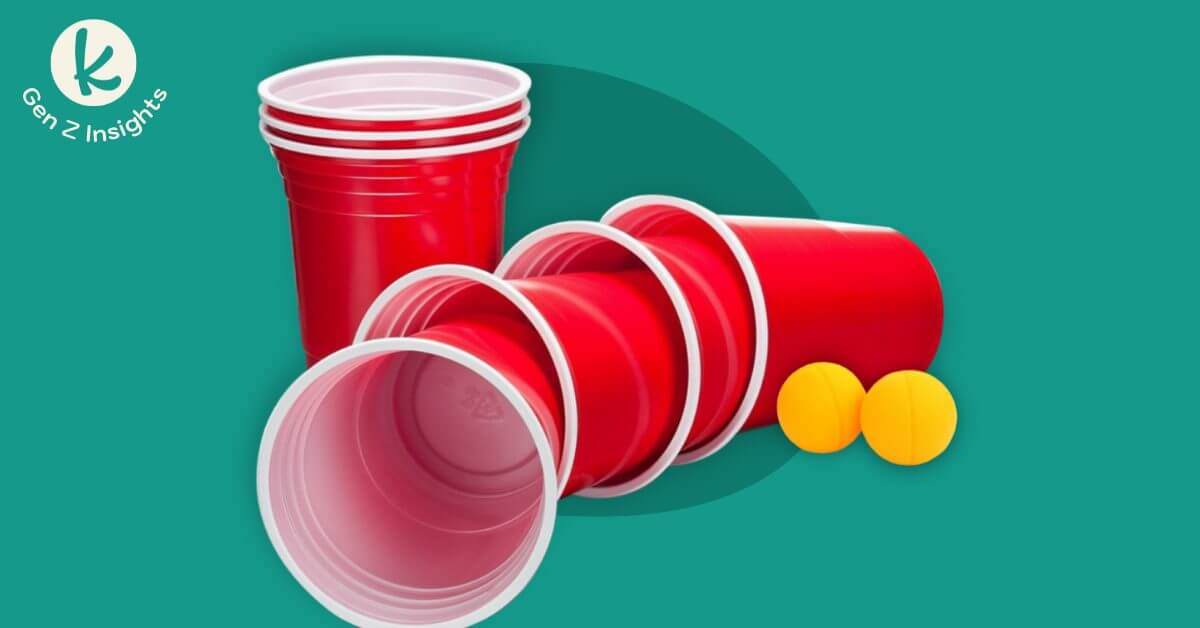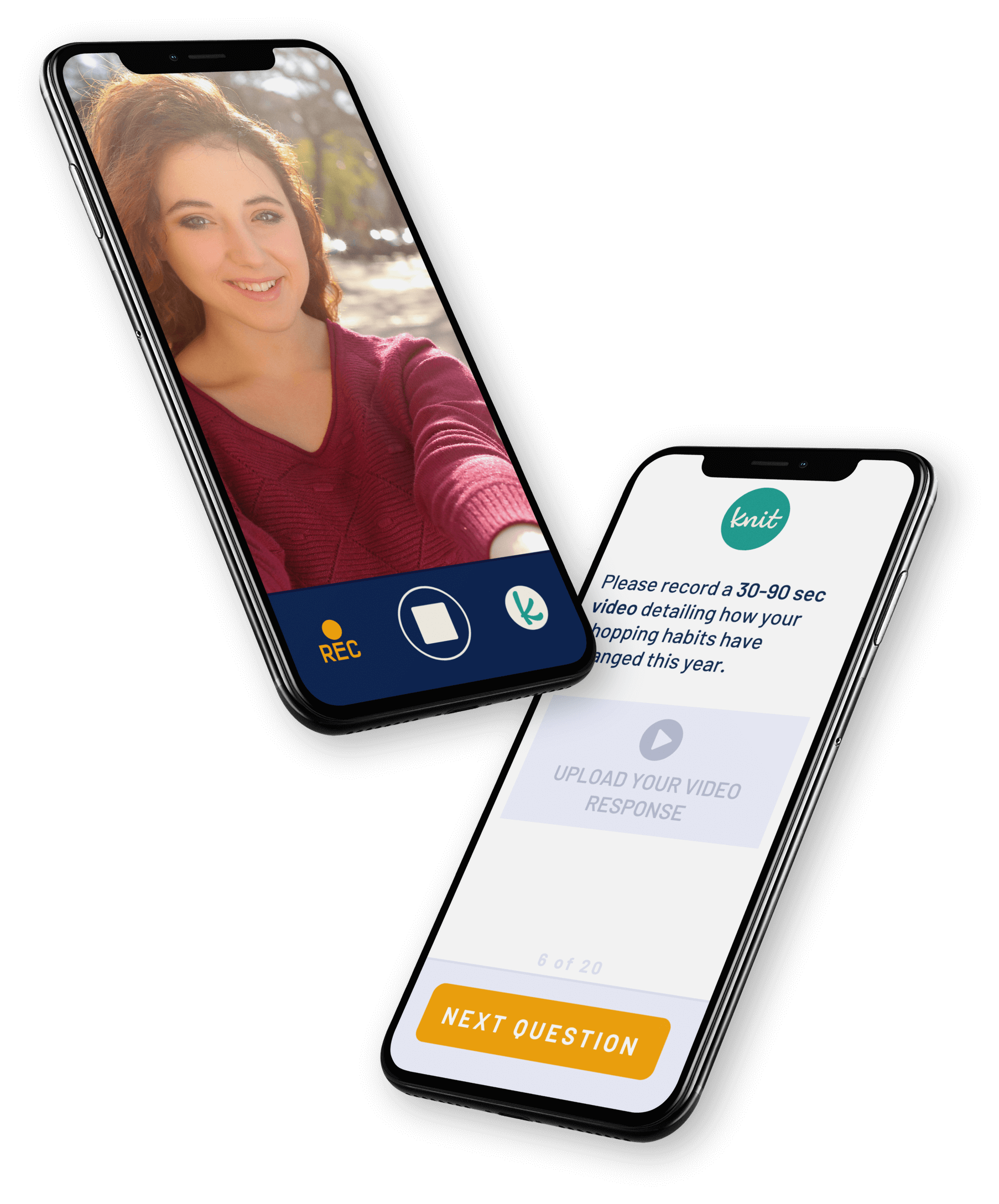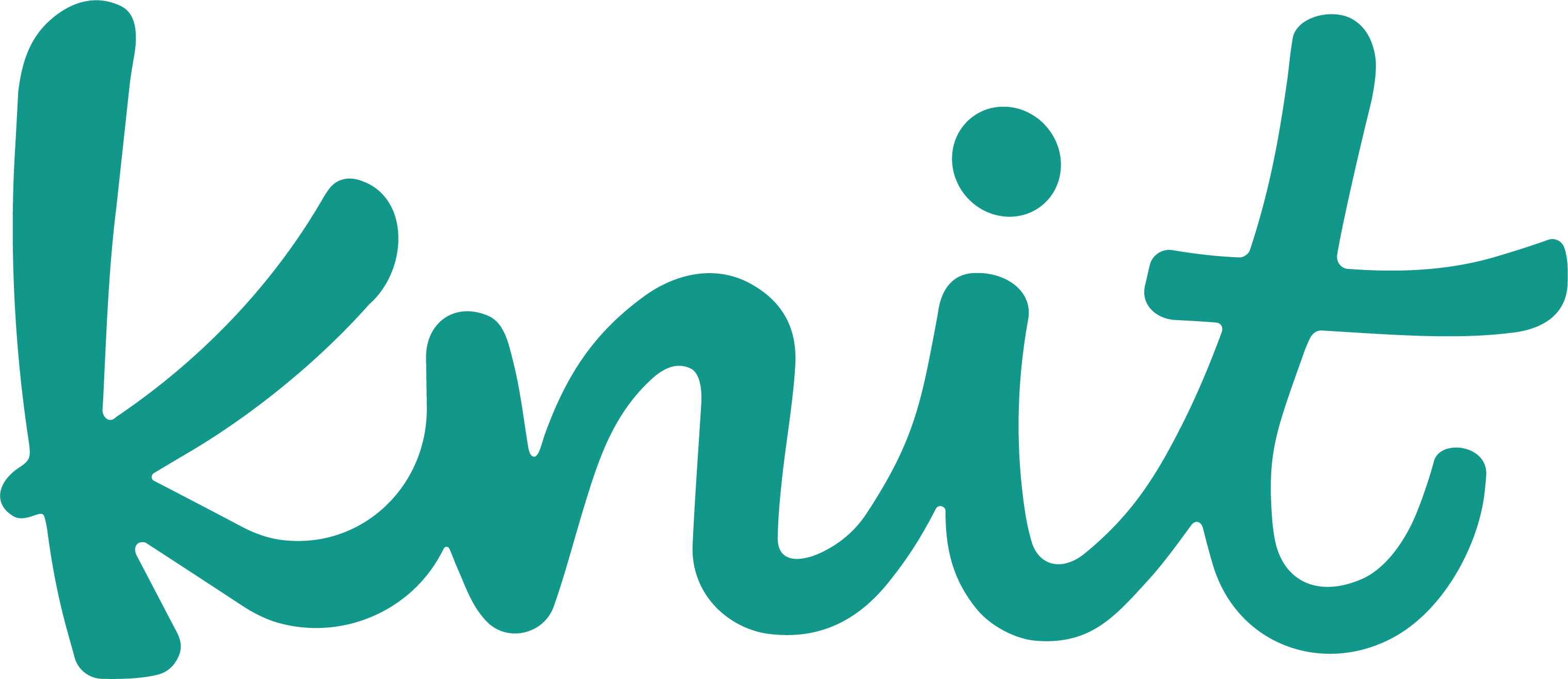
Gen Z’s Drinking Habits:
Time for a Refill (and Refresh) on Alcohol Consumption
And peeking into the older generations further ahead — the Boomers and the Gen-Xers – this gulf is even greater. A generational decline in consumption is just one trend among many in the alcoholic beverage industry, which has seen dramatic changes since the onset of COVID-19 as well as with the emergence of Gen-Z as adult consumers.
Reduced consumption (and even total abstention) is only one facet of Gen-Z’s relationship with alcohol. Still, it is an important trend to pay attention to. Whereas alcoholic consumption increased significantly during the beginning of the COVID-19 pandemic, that growth has slowed in recent months and may even return to pre-COVID levels in the near future. At the same time, the market for alcohol-free alternatives has spiked, with sales in nonalcoholic beer alone increasing by 44%.
Gen-Z is leading this charge towards sobriety for a number of reasons, all of which are useful for marketers to know. Younger consumers tend to be more health conscious; over 40% of young non-drinkers in one poll cited health as the main reason they did not imbibe.
The widespread normalization of marijuana usage has also played a role, as Gen-Z increasingly opts for cannabis over alcohol. Other researchers, however, suggest there may be a deeper reason for the trend. The popularity of social media, in which alcohol-fueled indiscretions may be documented for all to see, may be compelling Zoomers to curtail their drinking. This is part of a broader emphasis on “control” for this younger generation, for whom protecting their image and reputation may be more important than having a fun night out drinking.
For whatever the reason, be it health or reputation control, marketers should pay attention to Gen-Z’s move away from alcohol. Plenty of brands have arisen to offer premium alternatives to alcohol, such as Stryyk’s nonalcoholic spirits. The CEO of Stryyk, Alex Carlton, claims that his product helps sober Zoomers feel comfortable around their not-so-sober peers. “Drinking a zero-proof spirit ensures people remain included and firmly part of the moment,” says Carlton, making the case to market non-alcoholic beverages to Gen-Z based on their desire to be included and their fear of missing out. Major brands have started jumping on this trend as well, with Coca-Cola introducing a line of cocktail-inspired beverages called Bar None.
Nonalcoholic beverages are one way for companies to reach Gen-Z, but there are other options as well. Recent research from across the industry demonstrate a number of other factors that influence Gen-Z’s alcohol buying decisions:
- Education: It may seem like learning and drinking are diametrically opposed activities, but that is not the case with young consumers. A staggering 94% of Gen-Z is interested in learning more about wine when they purchase it; the generation is also far more interested than their older cohorts in learning more about beer. Brands may take advantage of this trend by offering online courses, tasting events, or other cross-platform interactive experiences.
- Premium: Alcoholic or not, Gen-Z has more interest in savoring the experience of their drinks, rather than getting intoxicated quickly. 69% of bartenders have reported an increase in cocktails in recent years, and 72% an increase in the consumption of “premium” drinks. Some brands have begun to adapt to these trends: Jäger has begun to associate its brand with more high-end drinks, in a departure from their traditional image as a drink for partying.
- Values Matter: As with many areas of commerce, Gen-Z may be attracted to alcoholic brands that reflect their own values, particularly in the areas of sustainability, social impact, and authenticity. Brands should be transparent about the ingredients in their products, and would do well to promote organic, sustainable business practices. They should also strive to tell a personable, down-to-earth story through their marketing in order to relate to younger consumers.
A decrease in alcohol consumption, no matter how significant, does not mean that brands should write off the importance of marketing to Gen-Z. Instead, marketers need to get creative in order to win over a generation whose habits and values differ from those who came before. A strategy that emphasizes nonalcoholic alternatives, premium beverages, and interactive experiences may be just the mix needed to win over a generation thirsty for innovation.

Subscribe for industry insights delivered weekly.
Get all the Knit News you need with access to our free newsletter to stay a step ahead on the latest trends driving the industries of tomorrow.

